Exploring the Depths of Jungian Psychology: An Interview with David Tacey
Buy Tacey’s Books on Amazon!
In a fascinating interview with Joel Blackstock from the Taproot Therapy Collective podcast, David Tacey, a renowned Australian public intellectual, writer, and professor, delves into the world of Jungian psychology. Tacey, a student of anthropology, religion, sociology, and the history of psychoanalytic therapy, offers unique insights into the life and work of Carl Jung, comparative religion, politics, and the challenges faced by Jungian psychology in the modern world.
Understanding Carl Jung
Tacey emphasizes the complexity and depth of Jung’s work, noting that Jung is a “universe of thought within himself.” He suggests that diving into Jung’s work unprepared can be challenging due to the dense nature of his writings and his frequent use of various languages, such as Latin, ancient Greek, Arabic, French, and Italian. Tacey recommends starting with Jung’s more accessible works, such as “Memories, Dreams, Reflections” and “Essays on Contemporary Events,” before delving into the Collected Works.
Tacey also discusses Jung’s influences, including his relationships with Sigmund Freud and Wolfgang Pauli, and the impact of these connections on the development of Jungian psychology. He highlights Jung’s role as a philosopher working in the field of psychology, drawing from various disciplines, including biology, anthropology, archeology, and physics.
Jung and Religion
The interview explores Jung’s complex relationship with religion, particularly his views on Christianity and the concept of God. Tacey notes that Jung believed in the importance of a symbolic and metaphorical understanding of religious texts, rather than a literal interpretation. He also discusses Jung’s idea that God needs to be reborn in the human soul, drawing parallels to the Indian concept of the Atman and its relationship to Brahma.
Tacey delves into the challenges Jung faced from religious authorities, particularly the Catholic Church, due to his unconventional views on religion and spirituality. He also examines the role of mysticism in various religious traditions and how it relates to Jung’s ideas about the direct experience of the divine.
The Red Book and Direct Experience
Tacey and Blackstock discuss Jung’s “Red Book,” a personal journal documenting Jung’s descent into his own unconscious. While Blackstock views the “Red Book” as a profound and valuable work, Tacey expresses reservations about its psychotic and prophetic tone. They explore the concept of direct experience in Jungian psychology and the risks associated with unmediated encounters with the unconscious.
The conversation also touches on Jung’s conservative views on certain topics, such as gender roles and the anima/animus concepts. Tacey acknowledges that while Jung’s work laid the foundation for a more expansive understanding of sexuality and gender, he remained a product of his time in some respects.
James Hillman and Post-Jungian Psychology
A significant portion of the interview focuses on James Hillman, a prominent post-Jungian psychologist who worked closely with Tacey for three years. Tacey shares his experiences as Hillman’s analysand and discusses Hillman’s attempts to move beyond Jung’s ideas, particularly through his development of archetypal psychology.
However, Tacey also expresses criticism of Hillman’s work, noting the discrepancy between his theories and his clinical practice. He suggests that Hillman struggled to fully articulate and implement his post-Jungian ideas, and discusses Hillman’s controversial views on war and academics.
The Future of Jungian Psychology
Tacey and Blackstock discuss the challenges facing Jungian psychology in the modern world, including the fragmentation of Jungian institutes and the difficulty of translating Jung’s complex ideas into accessible forms. They also explore the potential for Jungian psychology to address contemporary issues, such as mental health, trauma, and addiction.
Tacey suggests that while the heyday of Jungian psychology may have passed, there is still significant interest in Jung’s ideas, particularly among younger generations. He notes the importance of adapting Jungian concepts to meet the needs of a changing world while maintaining the depth and richness of Jung’s original insights.
In the interview, Tacey also delves deeper into Jung’s relationship with Freud, discussing how Jung offered Freud the terms “complex” and “unconscious” rather than “subconscious.” He also explores the development of Jung’s theory of psychological types as a way to understand the differences between himself, Freud, and Adler.
The conversation also covers the controversy surrounding Jung’s alleged anti-Semitism, with Tacey arguing that Freud unfairly used the “race card” against Jung during the Nazi era. Despite this, Jung’s reputation suffered, while figures like Martin Heidegger, who was a Nazi party member, managed to rehabilitate their image more quickly.
Tacey and Blackstock discuss the importance of direct experience in Jungian psychology, and how this relates to the role of religion and mysticism. They explore how the Western religious traditions often require the development of mystical paths to complement their orthodoxies, while Eastern religions like Hinduism and Buddhism have mysticism inherently integrated.
The interview also touches on the challenges of integrating Jungian ideas into modern clinical practice, with Tacey sharing his experiences working with James Hillman and the Dallas Institute of Humanities and Culture. They discuss the difficulties faced by those who become too multi-disciplinary in the university system.
Throughout the conversation, Tacey and Blackstock reflect on the personal impact of Jungian psychology, sharing their own experiences with analysis and the importance of confronting the complexes and wounds that shape one’s life. They also discuss the potential for new developments in therapy, such as brain spotting, to facilitate more direct and transformative experiences.
The interview with David Tacey offers a thought-provoking exploration of the complexities and challenges of Jungian psychology. By delving into Jung’s life and work, his relationship with religion, the concept of direct experience, and the contributions of post-Jungian thinkers like James Hillman, Tacey and Blackstock provide listeners with a nuanced understanding of the relevance and potential of Jungian ideas in the modern world.
As Jungian psychology continues to evolve and adapt to the needs of contemporary society, interviews like this one serve as valuable resources for those seeking to deepen their understanding of the human psyche and the role of the unconscious in shaping our lives.
Key Takeaways
- Jung’s work is complex and multifaceted, drawing from various disciplines and requiring careful study and preparation to fully understand.
- Jung’s relationship with religion was complex, and he faced challenges from religious authorities due to his unconventional views on spirituality and the direct experience of the divine.
- The “Red Book” documents Jung’s personal descent into his unconscious and raises questions about the risks and benefits of direct experience in Jungian psychology.
- James Hillman, a prominent post-Jungian psychologist, attempted to move beyond Jung’s ideas but struggled to fully articulate and implement his theories in clinical practice.
- Jungian psychology faces challenges in the modern world, including fragmentation and the need to adapt to contemporary issues while maintaining the depth and richness of Jung’s original insights.
To learn more about David Tacey and his work, visit his Wikipedia page.
This is an excerpt from the interview with David Tacey. For the full version, check out our YouTube channel or podcast:
Read More Depth Psychology Articles:
Taproot Therapy Collective Podcast
Jungian Innovators
- James Hillman
- Erich Neumann
- Henri Corbin
- David Tacey
- Robert Moore
- Sidra and Hal Stone
- Marie-Louise von Franz
- Jolande Jacobi
- Anthony Stevens
- Thomas Moore
- Sonu Shamdasani
- Arnold Mindell
- James Hollis
- Sabina Spielrein
- Edward Edinger
Jungian Topics
- How Psychotherapy Lost its Way
- Science and Mysticism
- Therapy, Mysticism and Spirituality?
- The Unconscious as a Game
- How to Understand Carl Jung
- How to Use Jungian Psychology for Screenwriting and Writing Fiction
- How the Shadow Shows up in Dreams
- How to read The Red Book
- The Dreamtime
- Using Jungian Thought to Combat Addiction
- Healing the Modern Soul
- Jungian Exercises from Greek Myth
- Jungian Shadow Work Meditation
- The Shadow in Relationships
- Free Shadow Work Group Exercise
- Post Post-Moderninsm and Post Secular Sacred
- Mysticism and Epilepsy
Jungian Analysts
- Thomas Moore
- June Singer
- Jean Shinoda Bolen
- Robet A Johnson
- Emma Jung
- Robert Bly
- Barbara Hannah
- Gerhard Adler
- Joseph Henderson
- Adolf Guggenbühl-Craig
- Ginette Paris
- Michael Fordham
- Esther Harding
- Marion Woodman
Anthropology
- Neolithic Architecture
- Victor Turner
- Louise Barett
- Allan Shore
- Michael Meade
- Lionel Corbett
- Anthony Stevens
- David Abram
- Edward O Wilson
- Eliade Mircea
- David Abram
- Heinrich Zimmer
- Arnold van Gennep
- Divided Mind
Mystics and Gurus
- What is Gnosticism?
- Robert Grosse
- Meister Eckhart
- Simone Weil
- Rumi
- Lao Tzu
- Pythagoras
- Neoplatonism
- Mani
- Jan van Ruusbroec
- Johannes Tauler
- Angelus Silesius
- Martin Buber
- Hermes Trismegistus
- Jakob Boehme
- Emanuel Swedenborg
- John Scottus Eriugena
- Pseudo-Dionysius
- Nicolas Cusas
- Amalric of Bena
Philosophy
We make a small commision when you purchase books through our affilate links that lets us keep helping patients and providing content.

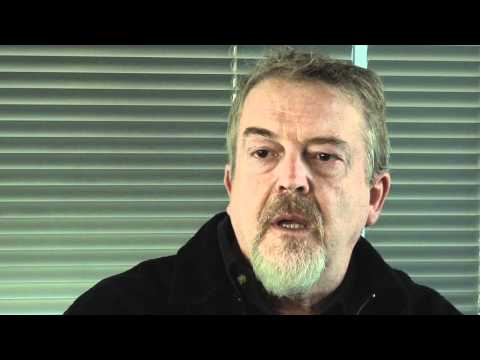
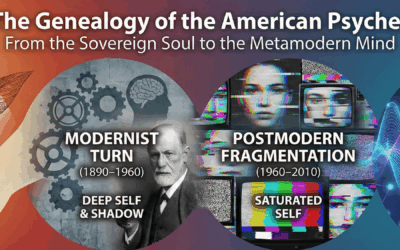
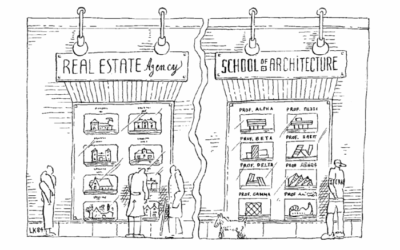
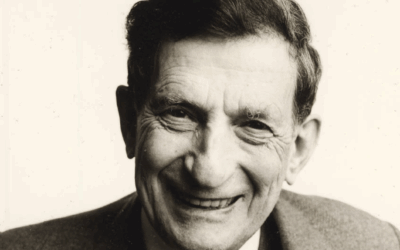
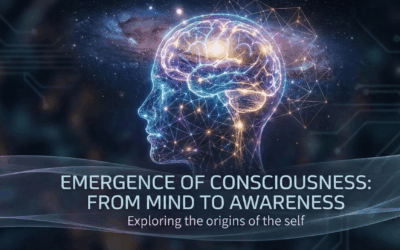
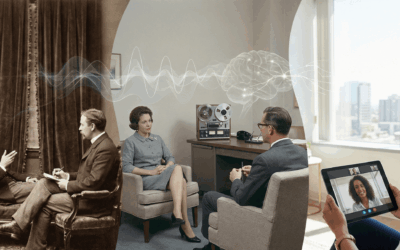
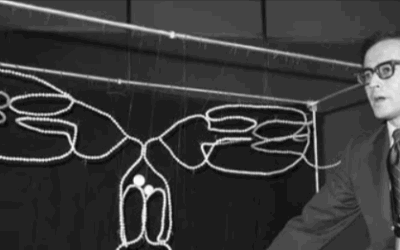
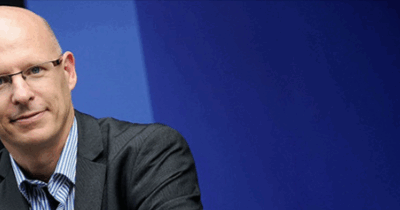
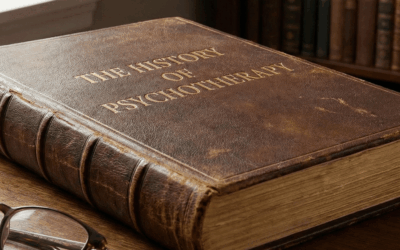


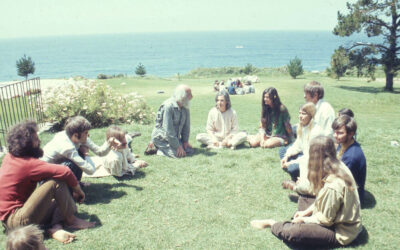
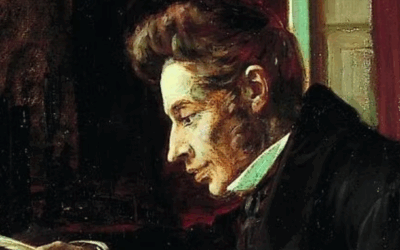
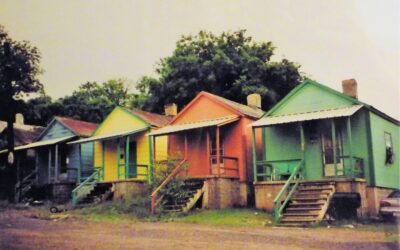

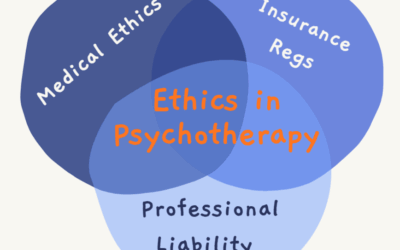

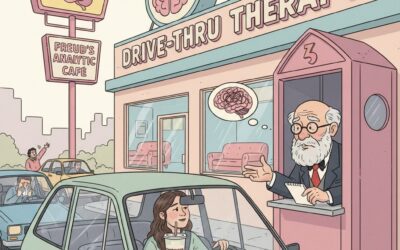
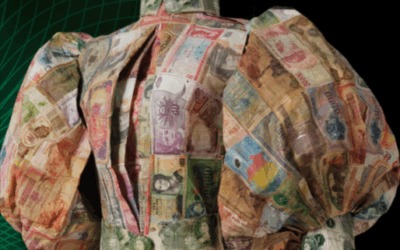
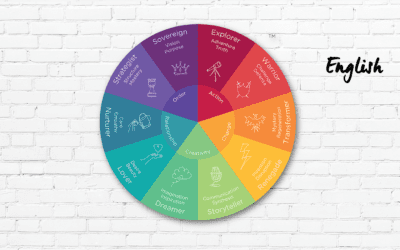
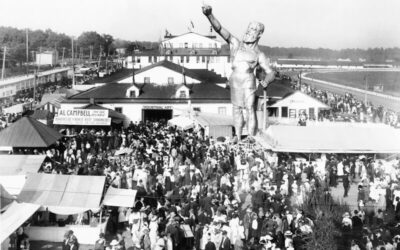

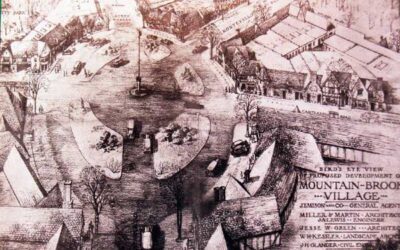
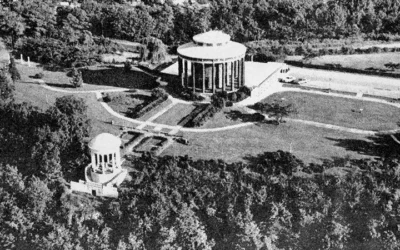


0 Comments